The executive director of the Human Rights Likeminded Office tells IN about advancing community rights…
By Yoni Ish-Hurwitz
Victory at last! At the conclusion of its most recent session, the Human Rights Council of the United Nations decided that LGBTI people deserve continued protection. Oddly enough, however, governments around the world were divided on whether to renew the mandate of the only United Nations expert dedicated to protecting the rights of lesbians, gays, bisexuals, transgender people and intersex people. Only the independent expert, Victor Madrigal-Borloz, is mandated by the international community to investigate and report on violence and discrimination against people based on sexual orientation and gender identity
The anticipation for the vote was great. No less than 1,312 organizations from 174 countries delivered a collective plea to the Human Rights Council, while LGBTI people face alarming attacks around the world. Intolerance rooted in conservative values is giving way to boundless hate and persecution, motivated by populism. The illegal detention camps in Chechnya and the legislation in Brunei mandating death by stoning for gays can no longer be explained as mere “backlash” against progress. It is a part of broader processes affecting all regions. Fifty years after a demand for equality erupted at Stonewall in New York, equality is still far out of reach and fundamental rights are being stripped away. Given all this, the renewal of the mandate of the independent expert is a crucial reaffirmation of the commitment to LGBTI rights. However, the UN can and must do so much more.
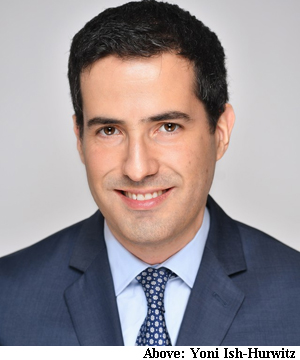
We, individual citizens and our governments, should use every opportunity to advance LGBTI rights. Activists in every country know best how to choose their battles. But the United Nations should demand the protection of all human rights everywhere. All human rights are universal. There is no place for complacency at condemning atrocities but neglecting so-called first-world problems, such as marriage equality. The premise is the same: a demand for equality. We should use every platform to call for an end to atrocities against LGBTI people, and at the same time, we should call for the inclusion of LGBTI people in every society as equal members.
While gays are rounded up and killed in Chechnya, in other countries gays are dying in great numbers through suicide at home. Trans people are at a far greater risk. The risks for LGBTI people are higher where homosexuality is criminalized – as it is in 68 countries and territories. Their well-being is better where same-sex marriage is permitted, but those countries number only 30.
This is why the Human Rights Likeminded Office, a non-governmental organization, is publishing a groundbreaking report on LGBTI rights at the United Nations this fall. The report will identify areas where the United Nations can do more to protect LGBTI people. It will also provide the tools for activists to point out international human rights obligations when advocating for changes in government policy and legislation. The report will cite independent human rights experts, senior UN officials and UN resolutions. But out of a hundred human rights resolutions adopted by the United Nations every year, only three mention LGBTI people explicitly. That means there are 97 more opportunities to do more. The report will advise on how to do just that.
Let us celebrate this victory with pride, but commit to do more. We must not rest on our laurels, as the challenges to the mandate will persist and LGBTI people remain in peril. In a recent article in The Guardian, Prof. Yuval Noah Harari (historian and author of the best-seller Sapiens) warned that with rising homophobia and rapid developments in surveillance, a new era of persecution is all too possible. Let us heed his call: it is time to unite and act.
—
YONI ISH-HURWITZ is executive director of the Human Rights Likeminded Office, based in New York City. He formerly served at the Israeli Mission to the United Nations and at the Office of the United Nations High Commissioner for Human Rights.
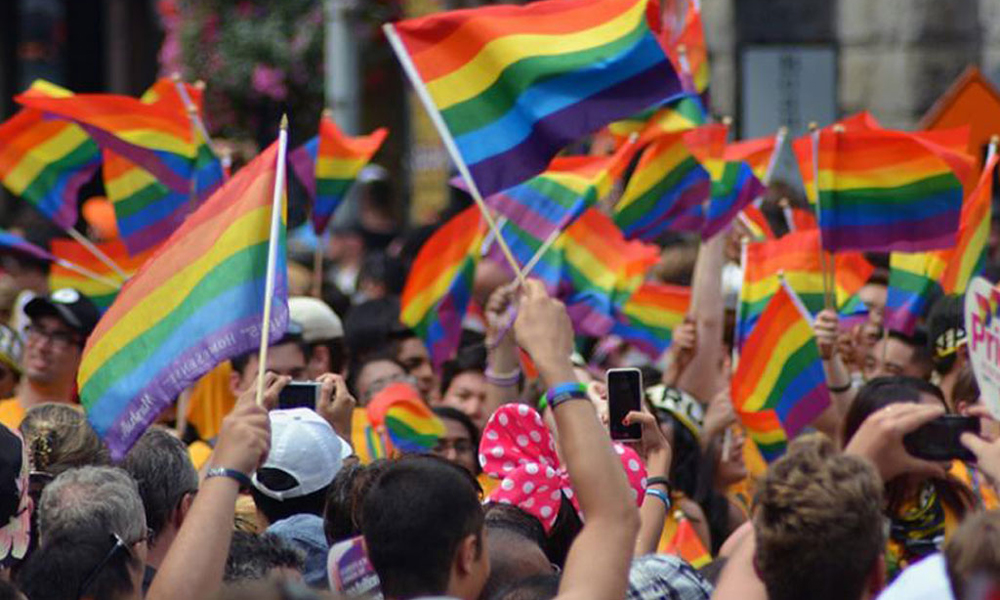
The International Community Needs To Do More For The LGBTI Community
Related Articles
Construction Has Started On Canada’s 2SLGBTQI+ National Monument In Ottawa
The national 2SLGBTQI+ monument in Ottawa — inspired by a dramatic thundercloud — has broken ground and is set to open in 2025
Ontario’s LGBT YouthLine Marks Historic 30th Anniversary
Forever young: YouthLine celebrates 30 years of confidential, non-judgemental peer support on May 2, 2024. Here’s more on the vital Ontario-based organization and their work within the community
A.D. Sui Reflects On The Dragonfly Gambit, And Navigating The World With A Disability
The author sits down with IN to talk about her just released queer novella, a brilliant page-turner

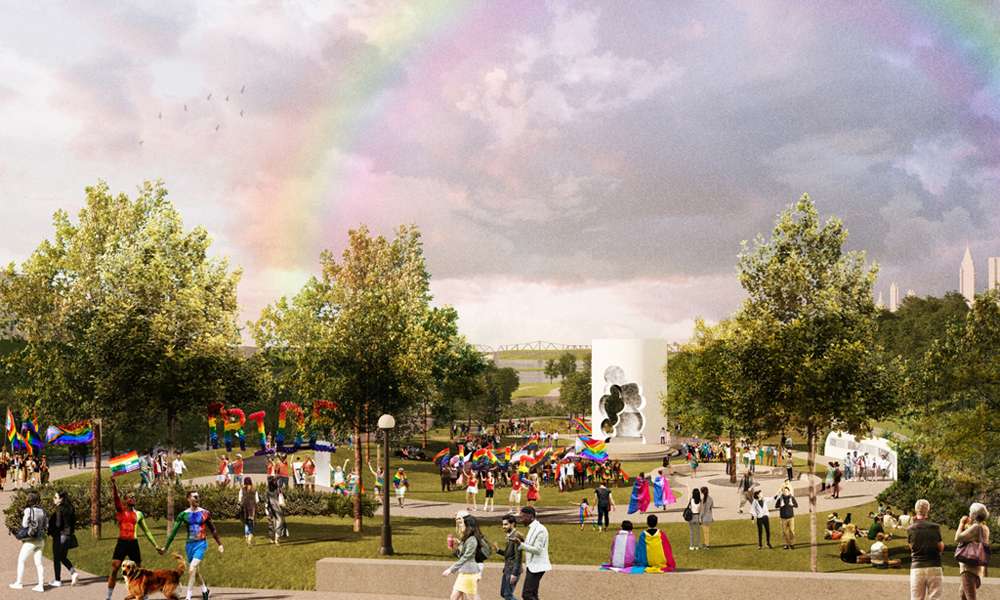
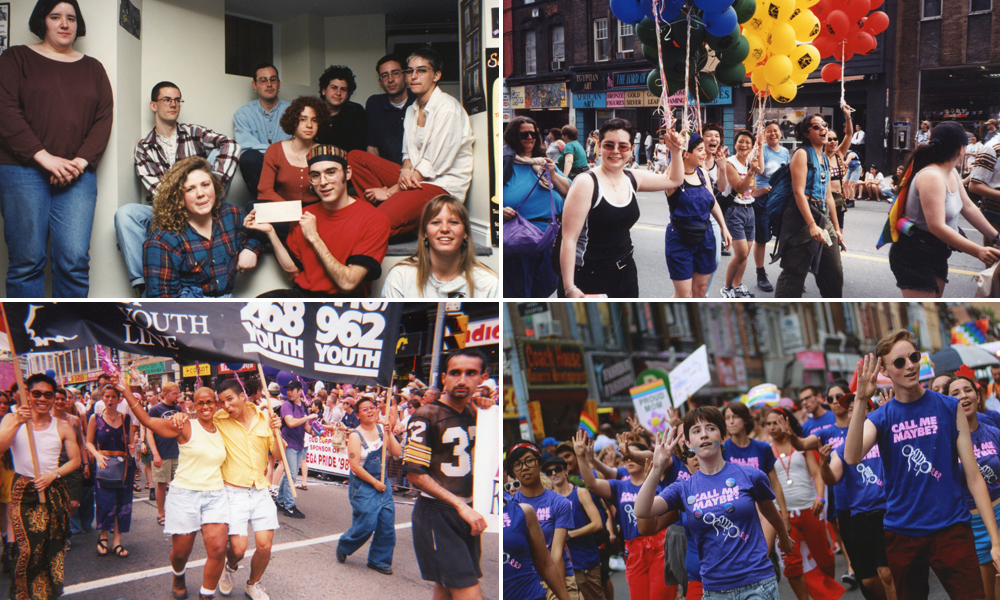
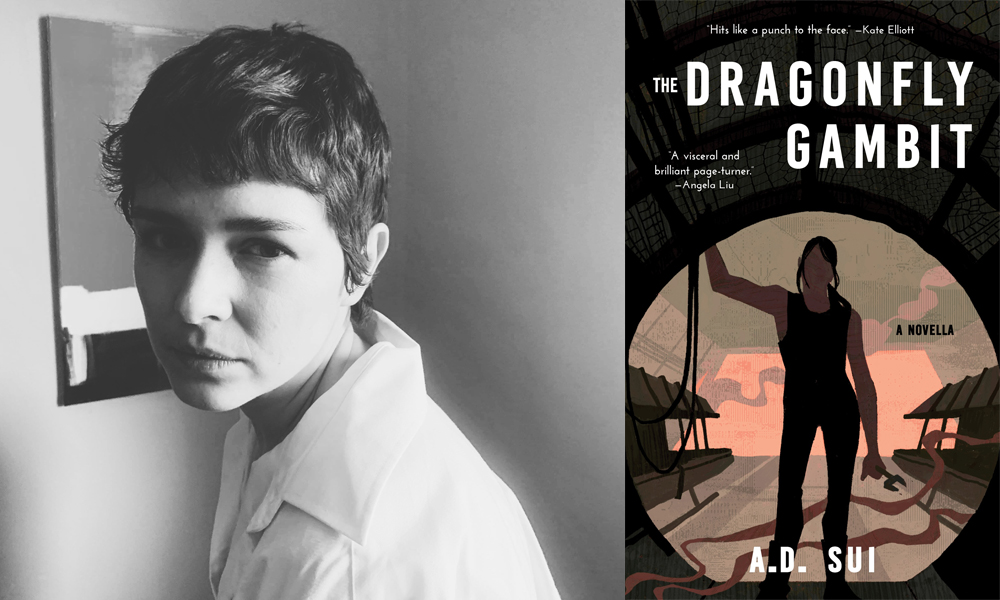

POST A COMMENT